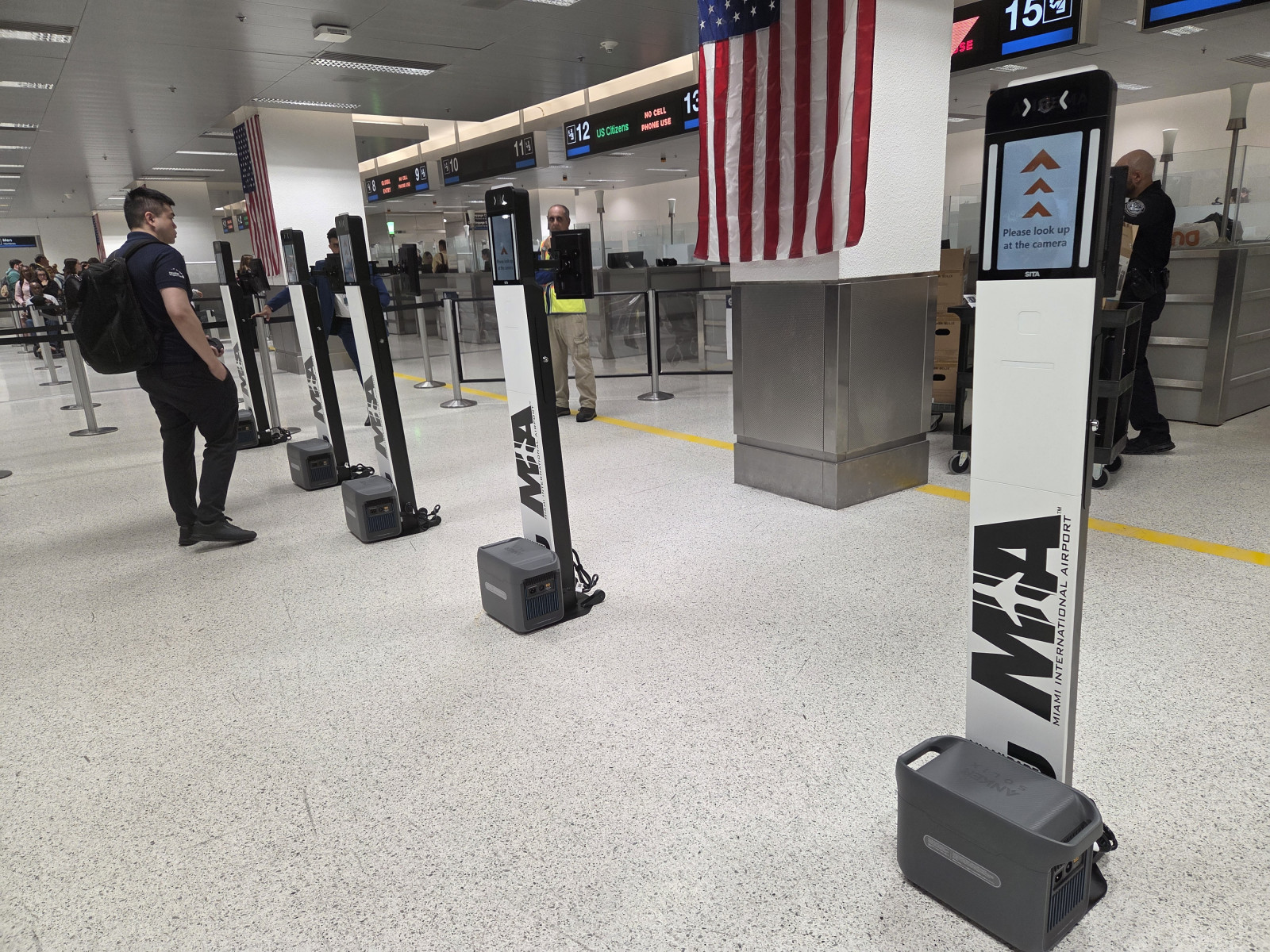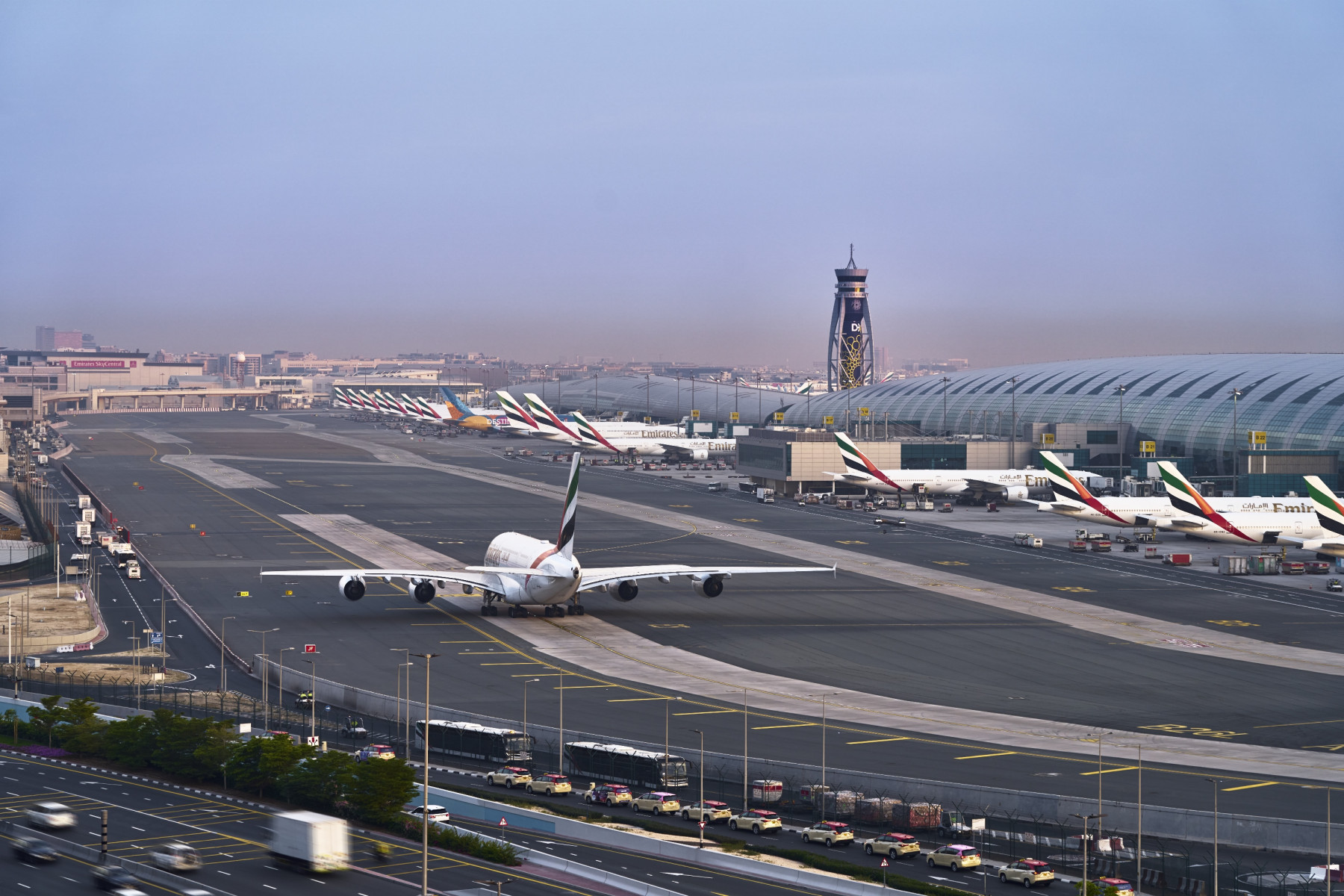Aviation survey highlights demand for robust regulation of AI

September 19, 2025
by
Airports AI Alliance
Aviation industry professionals see a need for robust regulation regarding the use of artificial intelligence (AI), according to a survey by the European Union Aviation Safety Agency (EASA).
The survey on Ethics for Artificial Intelligence in Aviation, released to coincide with EASA’s annual “AI Days” event which took place in Cologne, Germany, collates the views of aviation professionals across Europe on the ethics of using AI in aviation.
It explored eight hypothetical AI application scenarios, measuring levels of comfort, trust, and acceptance. On average, professionals rated their acceptance of AI at 4.4 out of 7, a result EASA said reflected cautious optimism about the technology’s potential while raising concerns about its risks.
Two thirds of participants expressed reservations, rejecting at least one AI scenario. The top concerns they identified were the limits of AI performance, data protection and privacy, accountability, as well as possible safety implications.
“Aviation is safety-critical by definition, said Christine Berg, Head of Unit–Aviation Safety at the European Commission (DG MOVE), at the Cologne conference. “This means we need systems that are not only intelligent, but also explainable, reliable, and certifiable. EASA’s work—including its AI roadmap and guidance on machine learning assurance levels—is essential in addressing these questions.”
EASA said a strong majority of respondents to the survey underlined the need for “robust regulation and supervision by EASA and national aviation authorities to guide safe and responsible AI integration.”
They also raised concerns about de-skilling if AI is used to partially or fully take over some tasks.
“In the transport domain, AI is already more than theory,” Berg said. “It is being deployed to optimise traffic flows, enhance predictive maintenance, and enable autonomous systems. The potential is vast. But so are the safety and certification challenges.”
Guillaume Soudain, EASA’s AI Programme Manager said: “AI offers tremendous opportunities to improve aviation safety and efficiency, but trust is critical. This survey underscores the importance of a balanced regulatory framework—one that ensures the highest level of safety for citizens while also fostering innovation and competitiveness in Europe’s aviation sector.”
EASA is looking closely into how AI will change its own way of working and the broader aviation industry.
When EASA director general Florian Guillermet, who took over at the agency in 2024, started in his new role, he cited digital transformation as one of his priorities, including ensuring the agency keeps up with digital innovations as well as overseeing the safe integration of new technologies in the certification process.
The agency publishes an Artificial Intelligence Roadmap which it says is a “living document” amended and augmented once a year, and deepened and improved through exchanges of views, and through EASA’s practical work on AI development.
Photo: Srecko Djarmati | Dreamstime.com






